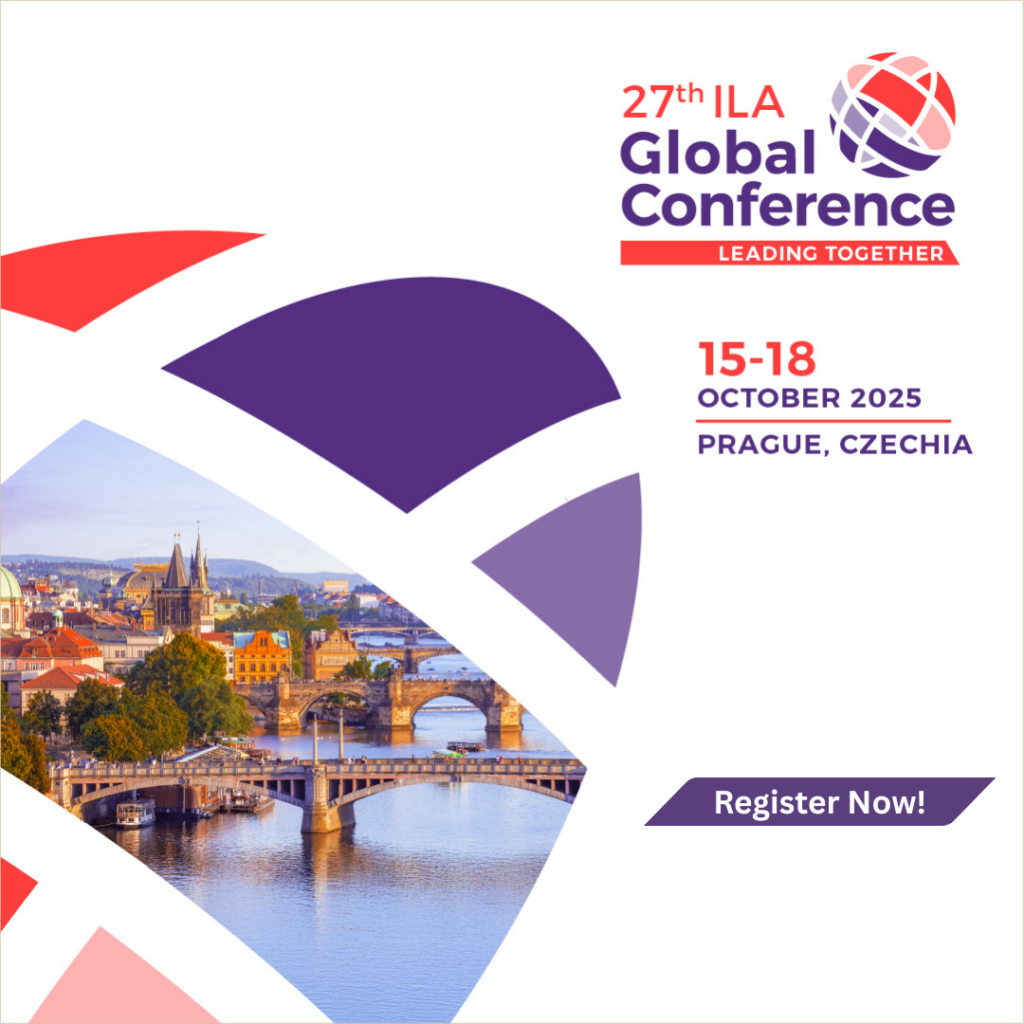
by Erwin Schwella
Dean, School of Social Innovation, Hugenote Kollege, South Africa
22 May 2020
Share:
“May your choices reflect your hopes, not your fears.” Nelson Mandela
A traveler got lost in the myriad of dirt roads driving through the vast remote and isolated Karoo semi-desert area of South Africa. Fortunately, he reached an isolated small town just in time to refuel.
Being lost, he had to ask for directions.
A man was sitting on the stoep (a very South African porch) of the local shop.
He asked the stoepsitter:
“How do I get to Johannesburg from here?”
The stoepsitter answered:
“If I had to go to Johannesburg, I would definitely not start here.”
It is questionable whether there are any good places to start when searching ways out of devastating disasters.
Dealing with disaster from the relative safety of a well-constructed, four-bedroom, suburban home may, however, prove significantly less challenging than facing it from a one-room tin shack. Especially, when housing a family of ten next to thousands of similar households. Lockdown social-distancing experiences are distinctly different under these contexts.
If the four-bedroom home is in a leafy suburb close to a well-serviced urban node and the one-bedroom shack is in a remote rural area with little access to sophisticated services, amplifying layers of complexity are added.
This common set of South African realities creates added dimensions for leadership responses to the complex challenges facing life-threatening risks. This may seem uniquely applicable to South Africa, where inequality is the highest in the world, poverty is devastating, and youth unemployment, pre- COVID–19, already hovered around 50%.
Most South Africans were already in complicated battles to merely eke out a meagre daily existence under the pre-crisis “normal.” Now, during the deeply destructive COVID-19 crisis, life into the future has become exponentially more difficult as the majority of South Africans must now, during the crisis, consider deeply complex future existence questions on how to cope with the “new normal.”
Already lost in a deserted and desolate space trying to reach even the complicated “old normal,” is not the best starting place to reach the unknown, and probably worse, complex new normal.
This is when, the desired, but never realistic wish for “Leadership: Easy Answers” is confirmed as impossible. The only option while contemplating the old, current, and new normal is “Leadership without Easy Answers.”
What then, is the value of this focused, if not myopic South African perspective?
There is only one global entity with worse inequality than South Africa. That is the World itself.
And when poverty and unemployment also inevitably rise significantly in the World post COVID-19, the World will increasingly become like South Africa – a toxic combination of the unholy trinity of poverty, inequality, and unemployment. South Africa is the World in one country.
How then will South Africa and the World lead the transition from the “not so normal, old normal” to a transformed “abnormal new normal?”
And when poverty and unemployment also inevitably rise significantly in the World post COVID-19, the World will increasingly become like South Africa – a toxic combination of the unholy trinity of poverty, inequality, and unemployment.
Three possible strategic leadership scenarios emerge.
1. The “Phoenix Scenario” strategy.
Under this scenario, the reactive leadership strategy is to dig heads into the sand while muddling through, attempting to sustain previous patterns and privileges, knowing that repeated and worse disasters will inevitably follow.
In this scenario recurring disasters result in an apocalyptic Malthusian meltdown when, after a series of such sustained destructive events, the World, as currently known, is destroyed. Most probably, the phoenix never again arises from the ashes.
2. The “Extended and Expanded Lock-down Scenario” strategy.
Under this scenario, the leadership strategy is to use an adapted form of “lock-down” as access control, creating new forms of exclusion using a deliberately constructed power-based musical chairs game.
This power-based and populist leadership strategy to exclude and control access includes:
- constructing Mexican walls, rather than riding Mexican waves,
- exits through Brexits, rather than access unity through unions,
- medication with borders, rather than medics without borders,
- border and immigration control, rather than acceptance, and
- opportunistically elevating human-constructed concepts to reified realities, such as:
- the market,
- military might, and
- the sovereignty of the nation state.
The strategy aims at stopping “outsiders” or “incomers” at the closed door to the musical chairs game, where there are already too few and decreasing fragile chairs even for insiders. This is an explicitly exclusive and excluding strategy of opportunistic, manipulative, powerful, populous leadership.
Eventually, the outsiders invasively flood the room as unstoppable “hordes.”
3. The “Turning Frogs into Princes Disruptive Innovation Scenario” strategy
Under this scenario the leadership strategy embraces inclusive social innovation to deal innovatively with complexity.
Social innovation strategies are sets of new ways dealing with societal challenges for the benefit of society grounded in societal problem solving, which is effective, efficient, and ethical. This results in co-created human-centered design and delivery of potentially sustainable replicable and scalable prototype solutions to societal problems. Personal and purposeful learning leadership competencies and impactful institutional capacities are co-created while implementing solutions for societal problems.
Leaders become facilitators of learning leadership rather than strong leaders.
Success is not guaranteed, but the probabilities of success are better than for the other two scenarios, where long-term failure is inevitable.
Frogs get kissed and princes emerge!
Through Apartheid, South Africa attempted muddling through Phoenix strategies. Phoenix burned but not rising, predictably, resulted. Through Apartheid, South Africa attempted Extended and Expanded Lock-down strategies. Lock down, predictably, resulted.
Through embracing inclusive constitutional democracy South Africa is now innovatively engaging with the “turning frogs into princes” strategy.
Success is not guaranteed, but certain failure is avoided.
There may still be global co-operative leadership learning opportunities linked to global and South African co-creation.
This warrants further exploration. Watch this space.

Erwin Schwella grew up in South Africa during apartheid. He obtained a PhD in Public Governance from Stellenbosch University and became an academic there in 1981. Realizing the real consequences of apartheid, he became an academic and activist critic. During democratization he served to shape new South African governance institutions. Since taking emeritus status from Stellenbosch he serves as Dean: School of Social innovation at Hugenote Kollege in South Africa. Erwin served as the Chair of the ILA Public Leadership Member Interest Group.


